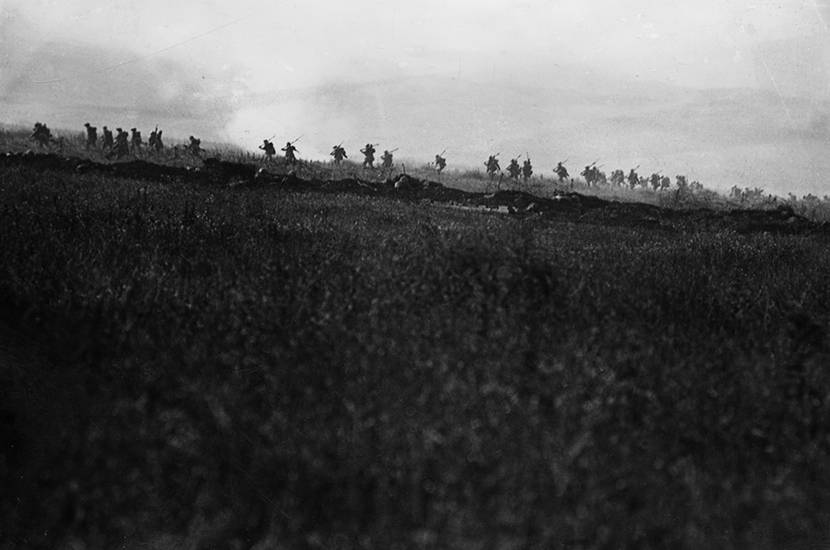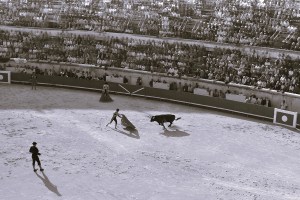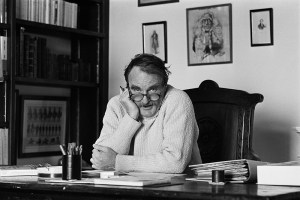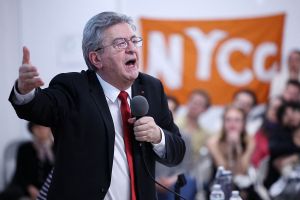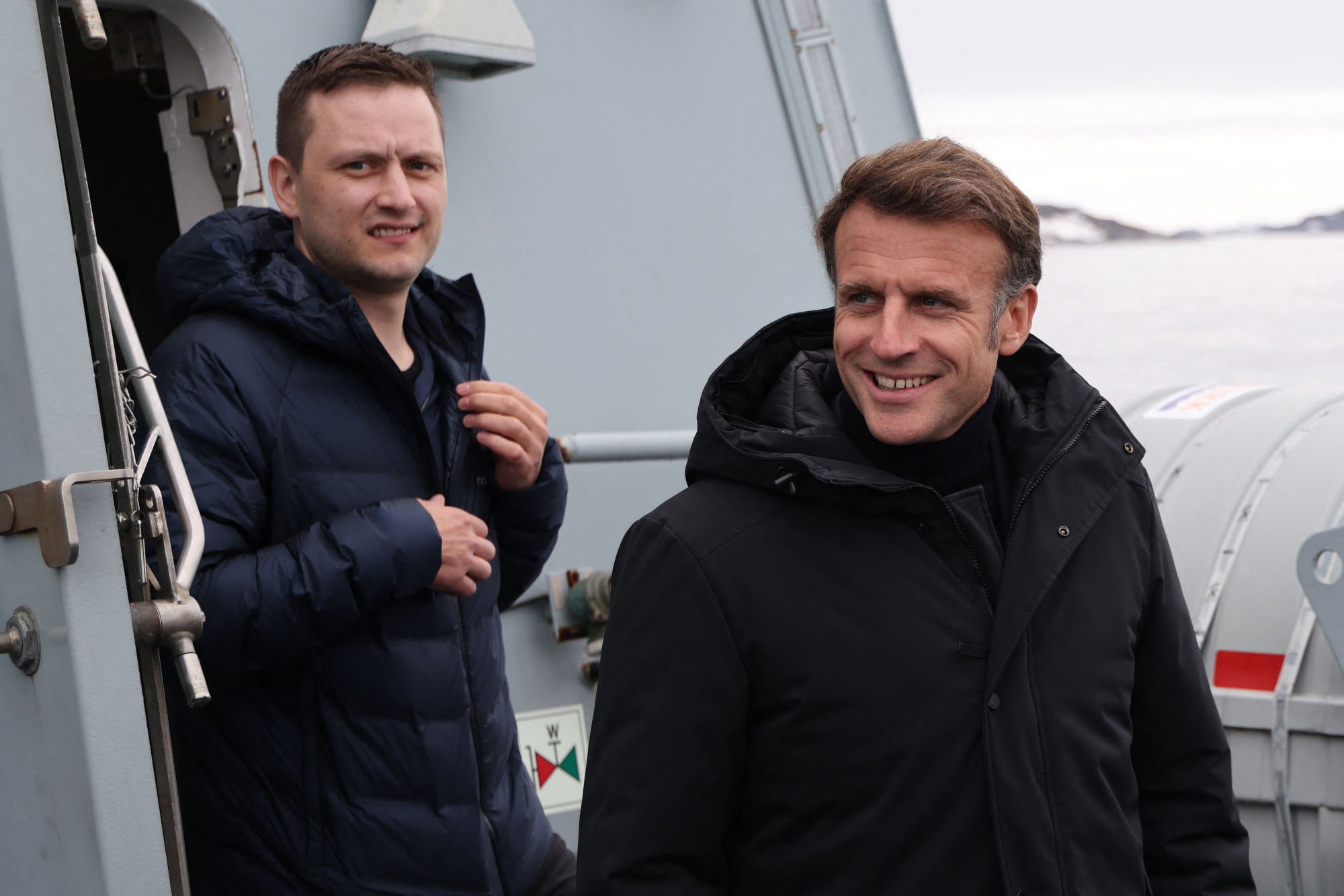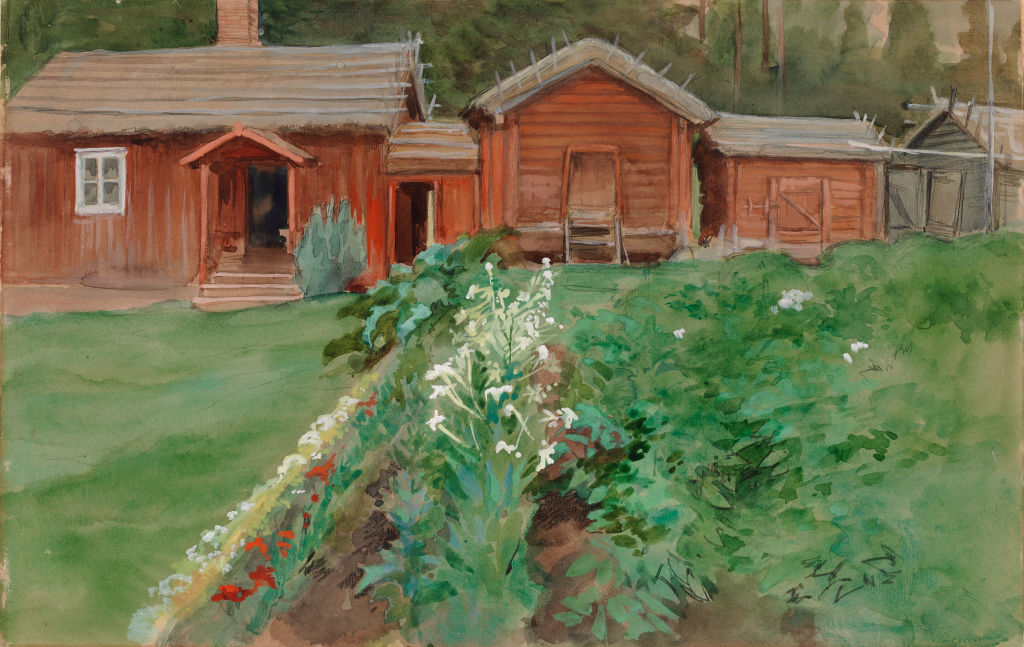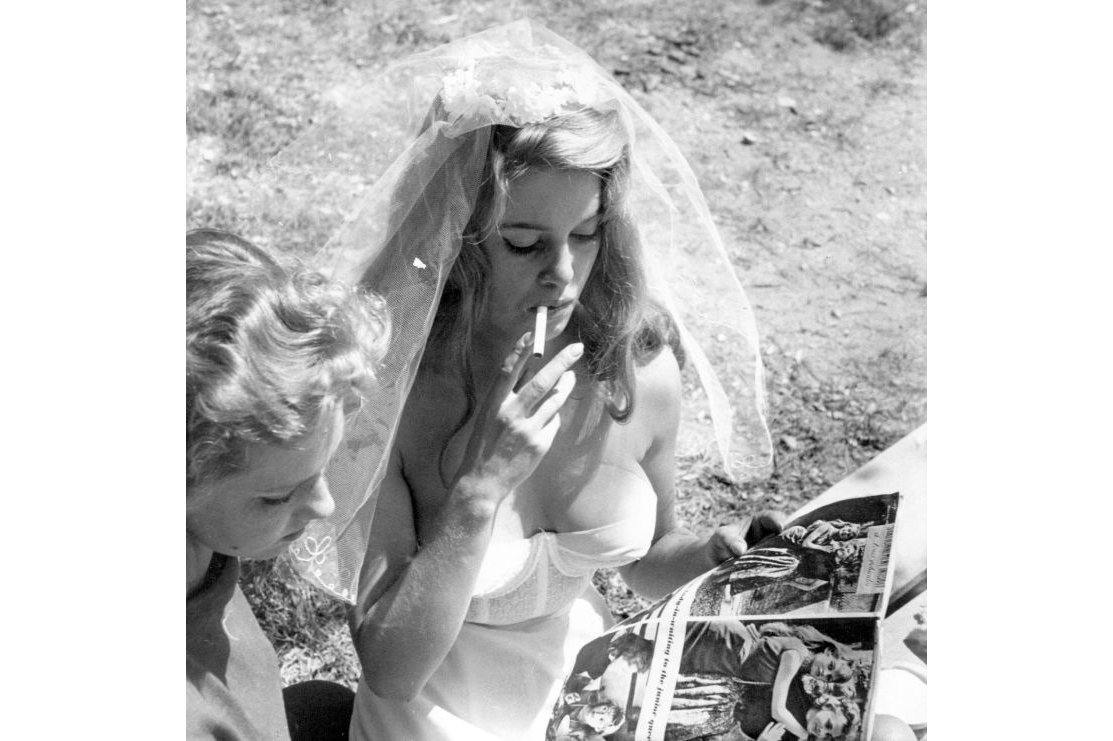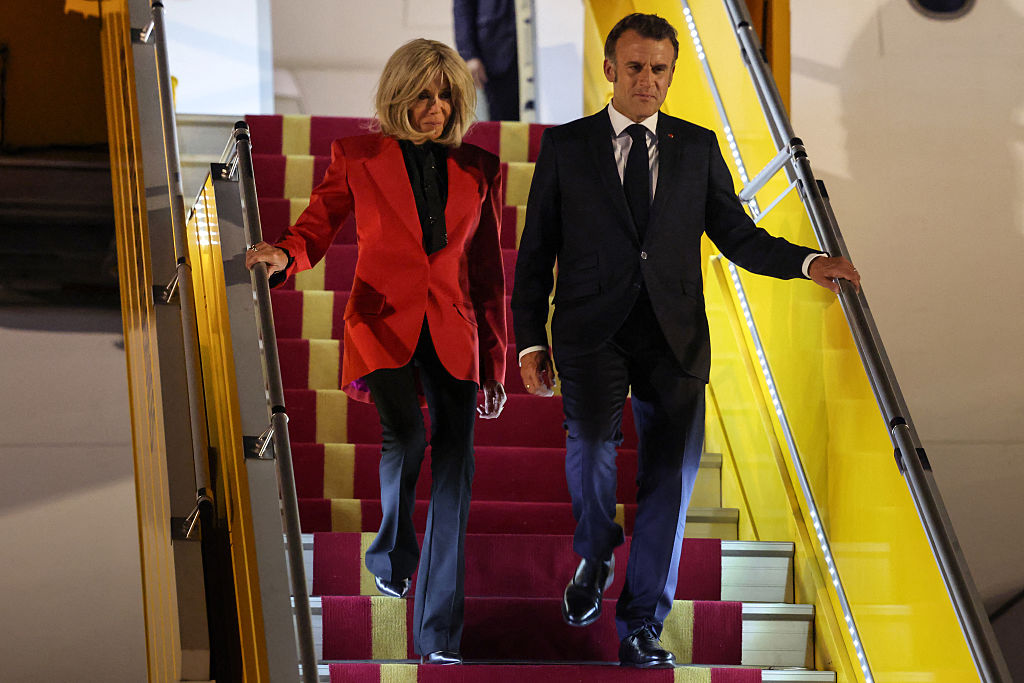We arranged to meet the second, more expensive, guide of our Somme battlefield visit at the Thiepval Memorial visitor center car park. He arrived punctually. The foreign correspondent climbed in the back of his car and I got in the front.
As he drove us past Lutyens’ masterpiece, instead of genuflecting towards it, the guide launched tunelessly into a repetitive mumbled refrain while thumping an imaginary bass drum with an imaginary foot pedal. ‘What’s that you’re singing?’ I asked. ‘Oh, nothing really. I’m just enjoying myself,’ he said. ‘Go on,’ I said. ‘What’s the song?’ ‘It doesn’t matter,’ he replied tetchily.
After a brief respite, the tempo and indistinct vocal melody started up again. ‘The Old Rugged Cross?’ I asked. ‘No,’ he said. ‘It’s a song by the Band. A song that means a lot to me.’ ‘What’s it called?’ I asked. ‘It’s called the Weight,’ he said. I could sense the foreign correspondent, veteran of wars in Iraq, Afghanistan, Bosnia, Sri Lanka and of Chechens one and two, radiating amused consternation from the back seat.
As we descended towards the Ancre river then rose again towards the tragic plain in front of La Boisselle, the guide enlarged on his love affair with music. As a young man he used to play in a three-piece combo. They played men’s clubs and student unions. A low-paid job, but enjoyable. ‘Then finally I realized you can’t live on a rock star fantasy forever and I got a job.’ But he still kept his hand in, we were relieved to hear, recording songs in his eight-track home studio.
He drove us first to the Lochnagar mine crater, detonated under the German front line near La Boisselle on July 1, 1916 and now a fixture for visiting coach tours. As we walked up to it from the car, the sun peeped out from behind a cloud bank and he put on a bush hat and applied lip salve. Every so often he took a sip from a small bottle of mineral water. His exposition on this part of the battlefield was authoritative on grand strategy. But on the route taken by individual brigades such as the Tyneside Irish, he was a little hazy.
Back in the car, and driving uphill from Lochnagar towards Contalmaison, he embarked on an extraordinarily banal anecdote about two ophthalmic surgeons, one historic, the other an acquaintance. He introduced it with the defiant assertion that he possessed an enquiring mind and read the Guardian. I was too busy searching landscape I had only avidly read about before now to attend closely to his story. He concluded by revealing its uplifting moral, which was, I think, the brotherhood of man.
At Contalmaison village he drew up at a crossroads. ‘See that building over there?’ he asked, pointing. ‘Can you guess what it was originally?’ ‘Brigade HQ?’ I said. ‘No. That house used to be a bar. It’s fairly easy around here to tell which houses used to be bars.’
This talk about bars reanimated the foreign correspondent in the back. ‘What about a beer?’ he said forlornly. We checked our watches. Not yet 10. A bit early perhaps. So we visited the German cemetery and Fricourt New Cemetery and the two cemeteries on the hill behind Bois Français, from which steady gunfire issued. They were shooting clays. ‘Tory MPs probably,’ said the guide with surprising vehemence.
Now it was 11:30. The foreign correspondent was silently gagging. The guide drove us first to a bar he knew in Fricourt village but the shutters were down. So we pushed on up to the Bazentin Ridge, then along it in the direction of Longueval.
Now the guide related the story of a road rage incident he was involved in a couple of years ago that still rankled. ‘Isn’t that Mametz Wood on the right?’ I asked. He interrupted his dramatic narrative — there had been a fight nearly — to confirm that it was Mametz Wood. The owner of Mametz Wood’s son was a friend of his, in fact.
The Longueval bar stood at a vast empty crossroads — the crossroads of Europe, according to some historians. Caesar made a speech there. To the Germans it’s like a second home. The bar was empty but open. A woman was shelling broad beans into a colander. She poured the foreign correspondent and me a beer and retreated, sending out her husband, who went drink for drink with us for a while. President Zuma had once stopped for a beer here, he said. Prince Charles twice. He gave me a heavy German howitzer fuse cap with my change. And there at the deserted crossroads of Europe, the foreign correspondent and I sank beers till mid-afternoon. (The guide couldn’t be budged from Diet Coke.) And after about the first six, and we’d all been perfectly frank with each other, the brotherhood of man didn’t seem such a far-fetched idea, and the guide didn’t seem such a bad fellow after all.
This article was originally published in The Spectator’s UK magazine. Subscribe to the World edition here.



